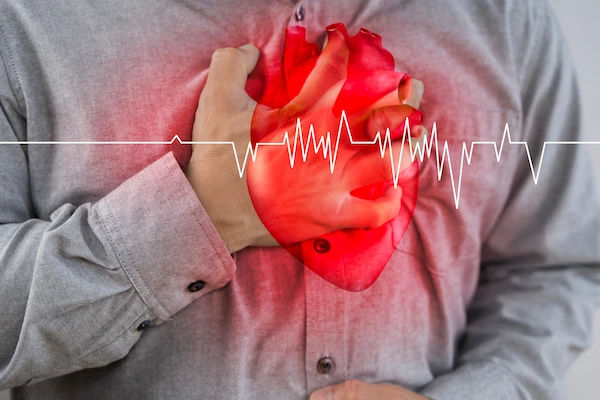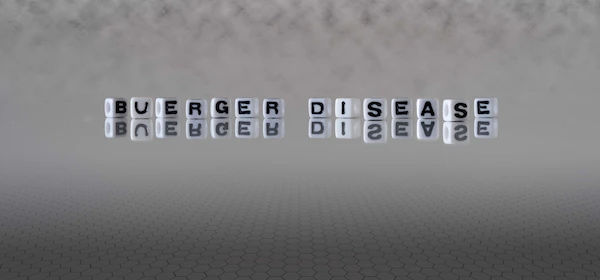- male
- 35 Years
- 22/01/2025
I'm really worried about my brother. He's been having some chest discomfort and mild pain that sometimes happens on the left side and other times in the center. He gets really nervous, and his heart rate spikes to around 90-98 bpm when this happens, but when he's more relaxed, it goes back down to about 68-72 bpm. He runs on the treadmill for 20 to 30 minutes at least five days a week and doesn't feel any discomfort during that time. Although he has an acidity and GERD problem, he's finished his course of medication and isn't taking any other tablets. His sugar and blood pressure are normal, and chest X-rays came back fine, with an orthopaedic saying it's nothing serious and just suggesting vitamins. He also feels pain at certain points when the chest is pressed. With all these symptoms, I'm wondering if it could be his heart, acidity, muscular, or maybe even a nerve issue. Do you think an angiography would be necessary given his normal reports so far?
More Cardiology Health Queries
View allI was really stressed out and had a day where I experienced palpitations. It's been about a month since then, and I went in for both an ECG and an echocardiogram. The doctors told me everything looked normal, but I noticed a Q wave in lead 3 on my ECG. Is that something I should be worried about, or is it considered normal?
Seeing a q wave in lead 3 on an ECG can sometimes be a normal variant and not necessarily indicative of any heart condition. However, it is important to consider the overall clinical context and additional factors. In this case, since your ECG and echo results were reported as normal by your doctors, it is likely that the q wave in lead 3 is not a cause for concern. It would be advisable to continue monitoring your symptoms and follow up with your healthcare provider for any further evaluation if needed.
Answered by 1 Apollo Doctors
I'm really concerned about the medication I've been on for the past 7 years, Amodep AT. My doctor mentioned it might have some side effects and suggested switching to TelemiKind 40. I'm a bit worried and want to know if it's safe to make this change. Can you help me understand if there are any risks or things I should watch out for with TelemiKind 40?
Yes telmikind is safer medicine.
Answered by 1 Apollo Doctors
I'm a 33-year-old guy who hits the gym pretty regularly. I had my blood pressure checked around 2 p.m. and it was 140 over 80. Is that normal? Should I be concerned?
A blood pressure reading of 14080 is slightly elevated. For individuals under 60 years old, the ideal blood pressure is typically considered to be below 12080. Since you are physically active and regularly go to the gym, lifestyle modifications can be the first step in managing your blood pressure. However, if your blood pressure remains consistently elevated, medication may be necessary. I recommend you try to incorporate more cardiovascular exercise and a low-sodium diet into your routine. If needed, you can consider taking medications like Losartan 50mg once daily to help lower your blood pressure. Remember to consult with your healthcare provider for personalized advice.
Answered by 1 Apollo Doctors
Disclaimer: Answers on Apollo 247 are not intended to replace your doctor advice. Always seek help of a professional doctor in case of an medical emergency or ailment.






